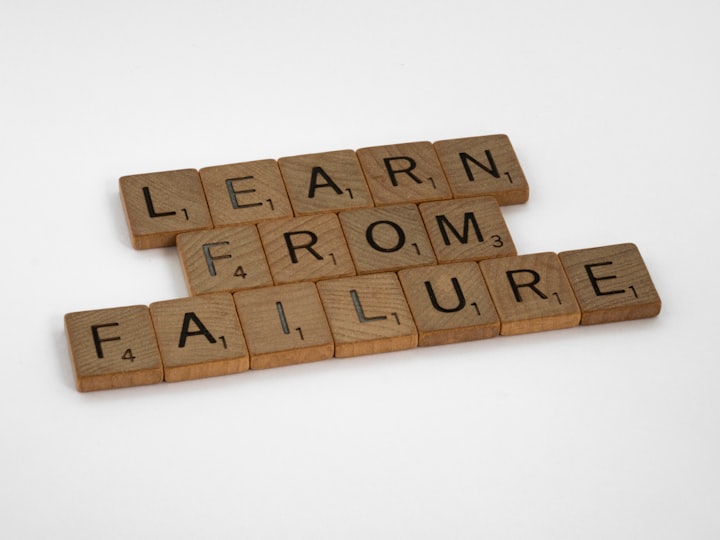
We will look at how we can overcome the fear of failure so that we can succeed at work and in life. We will look at how you can use failure to benefit yourself instead of letting it work for the rest of your life. If you are afraid of failing, you may find yourself avoiding dangerous situations.
Failure is an opportunity to grow and it is easy to overcome fear when you look at all the possible consequences. If, on the other hand, you think about what might go wrong, your fears grow and the failure you fear is very likely.
People who are afraid of failure are encouraged to avoid failure, not only because they are unable to deal with the basic feelings of frustration, anger, and failure that accompany such experiences, but also because failure greatly embarrasses them. Fear of failure paralyzes us and makes us reluctant to move forward. We allow this fear of failure, also called atychiphobia, to prevent us from doing things that bring us closer to our goal.
When we fail, we fear retribution, embarrassment, and try to avoid failure by all means. We can overcome this fear by creating an environment in which failure can be followed by laughter, ridicule, or embarrassment.
It is the perceived negative effects that follow the failure that oppresses them. Anxiety can lead to low self-esteem, avoid challenging tasks, hopelessness and deception. Even the most self-confident people face moments of uncertainty and thoughts of possible failure.
Fear of failure is a feeling of fear that many people feel when they approach a project or a major purpose in life. Fear of personal failure to define it as unemployment, financial ruin, or isolation can be detrimental if it prevents one from pursuing goals that do not guarantee success. People who are afraid of failure often give themselves assurances of success in certain tasks.
Failure to do so creates feelings of disappointment, frustration, sadness, regret, and unpleasant confusion, but enough to create a full fear of failure. An important psychological threat to avoid failure is leading people to ruin their chances of success in various ways. Minor fears such as fear of failure can motivate, create positive stress and encourage people to continue to achieve their goals, but severe fear can disrupt health, prevent people and make them unwilling or unable to take action to achieve goals.
Fear of failure is a term that refers to thinking, feeling, doing, or doing anything that prevents a person from accomplishing a task or working to achieve his or her dreams. People who suffer from atychiphobia experience uncontrollable self-doubt and extreme fear of failure and can be seen as ridiculous when they fail. Fear of failure is associated with doubts, imperfections, and other beliefs and practices that prevent people from moving forward.
It is important to accept that failure can create fear and embarrassment, and gain the trust of others when discussing this fear. Failure can be one of the biggest learning experiences. Watching others overcome their mistakes can help reduce their fears and show you how to use your mistakes.
Imagine that you are facing an obstacle, allow yourself to be intimidated, and see how you move forward. Once a person has developed an unreasonable fear of failure himself, it is time to regain control of life. The great fear of failure can be hard to overcome, but working with a professional can help you regain your health and get back to your goals.
This way, you can learn from your failures and successes as you make plans for the future. Defining failure as a difference between what you should have done (such as being offered a job) and what you have accomplished will help you to learn from experience so that you can focus on what you have learned to adapt to future challenges.
Many people believe that they would not be afraid to fail if they met the same skill in one place, but that is not true. Such people invest their egos in the glory of what they already have, preferring to set aside opportunities for future glory rather than risking their failure. Similarly, people who are learning to accept them tend to be skeptical and self-deprecating a little after the actual or perceived failure.
The link between fear of failure and delay means that the more we fear not achieving our goals, the less likely we are to take action to achieve them. We fear the potential negative consequences that will follow. It is a side effect that people fear.
It has been shown that when we put ourselves at risk, the risks that lead to failure can pay off. By being willing to take these risks, we empower great success.
Failure is why few people experience this type of success, why successful people are not the norm, and why they exist in the first place. Here are some proven concrete and proven strategies for overcoming fear of failure that work for people who want to break the cycle of doubt and avoidance.





Comments
There are no comments for this story
Be the first to respond and start the conversation.